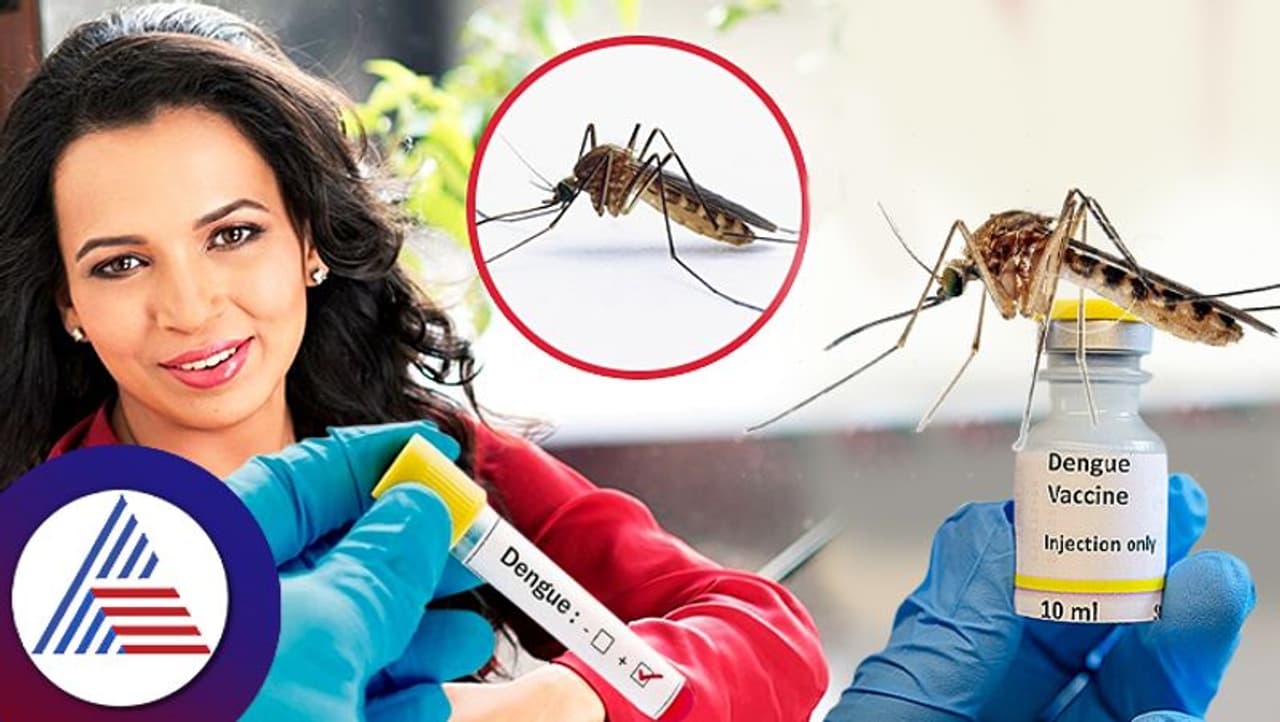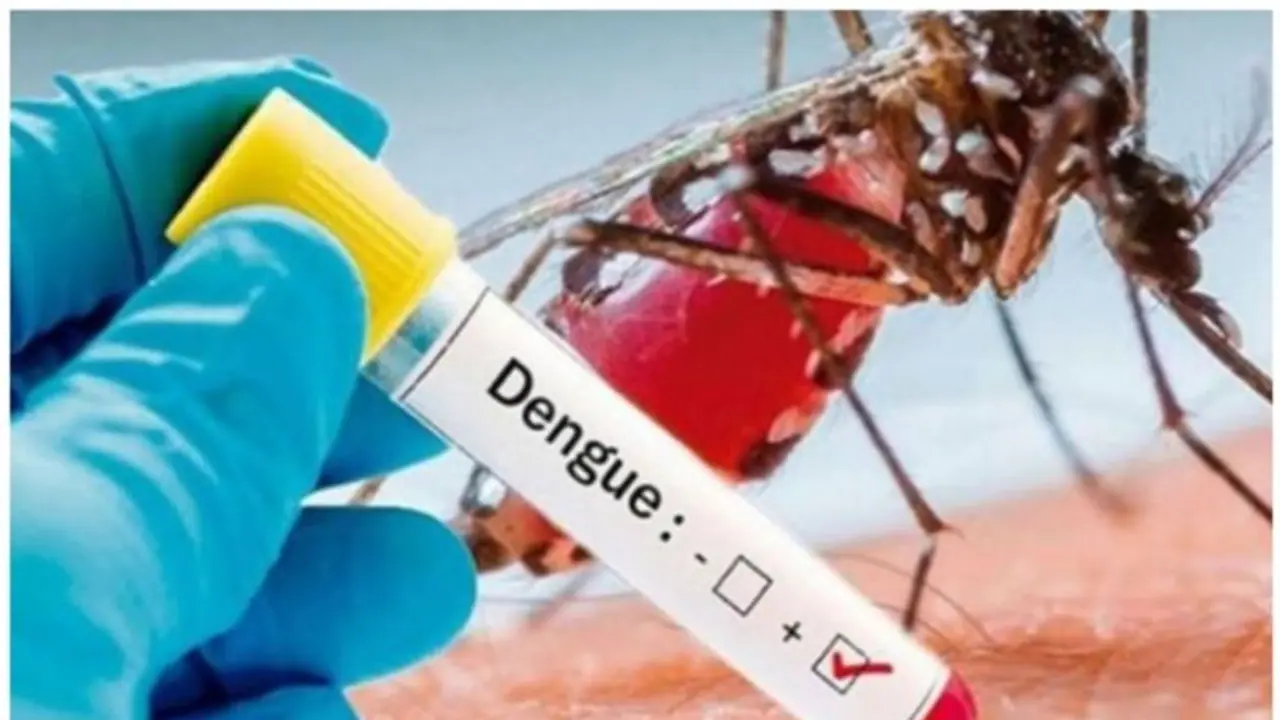Dengue's growing presence in India demands a proactive, multifaceted strategy. While labelling it as "endemic" may be premature, its expanding influence necessitates attention and immediate response.

Dengue, a mosquito-borne viral disease, has emerged as a persistent public health challenge in India. Despite not being officially classified as endemic, the increasing frequency and expanding geographic reach of dengue cases in the country raise concerns about its potential evolution into a long-term health threat.
Evidence for Dengue's Increasing Grip:
1. Rising Case Numbers: Since the 1990s, reported dengue cases in India have experienced a substantial surge.
2. Expanding Geographical Reach: Dengue, once concentrated in coastal and southern regions, has spread to previously unaffected areas, including northern states and hilly terrains. This suggests an adaptation of the virus and its mosquito vectors to diverse environmental conditions.
3. Climate Change: Rising temperatures and erratic rainfall patterns create ideal breeding grounds for the Aedes mosquito, the primary vector for dengue. Climate change may also influence the virus itself, potentially facilitating its replication and transmission.

Challenges and Concerns:
1. Increased Healthcare Burden: Frequent dengue outbreaks strain healthcare systems, particularly in resource-limited settings. Early diagnosis and proper management are crucial to prevent severe complications like dengue hemorrhagic fever, which can be fatal.
2. Economic Impact: Dengue outbreaks result in lost productivity due to absenteeism and increased medical expenses, disrupting livelihoods and straining public health budgets.
3. Community Fear & Panic: The unpredictability of outbreaks and the potential severity of the disease can trigger anxiety and panic within communities, impacting well-being and hindering economic activity.

Combating the Dengue Threat:
1. Enhanced Surveillance & Early Warning: Robust disease surveillance systems and early warning mechanisms are crucial for timely outbreak detection and prevention. This includes community-based awareness programs and proactive vector control measures.
2. Improved Healthcare Infrastructure & Capacity Building: Strengthening healthcare infrastructure, especially in rural areas, is essential for timely diagnosis and effective treatment. Training healthcare professionals on dengue management is equally important.
3. Community Engagement & Empowerment: Public education campaigns are vital for raising awareness about dengue, its symptoms, and preventive measures. Encouraging community participation in vector control activities can significantly impact transmission reduction.
4. Research & Development: Continued research into dengue vaccines, diagnostics, and vector control strategies remains critical for long-term prevention and control.
Dengue's increasing presence in India necessitates a proactive and multi-pronged approach. While classifying it as "endemic" may be premature, its growing impact demands recognition and swift action. By combining improved surveillance, strengthened healthcare systems, community engagement, and ongoing research, India can effectively combat this evolving threat and safeguard its public health. The key lies in a comprehensive and collaborative effort to curb the spread of dengue and protect the well-being of its population.
-Dr. Nasiruddin G - Consultant Internal medicine, Fortis Hospital, Cunningham, Bengaluru
